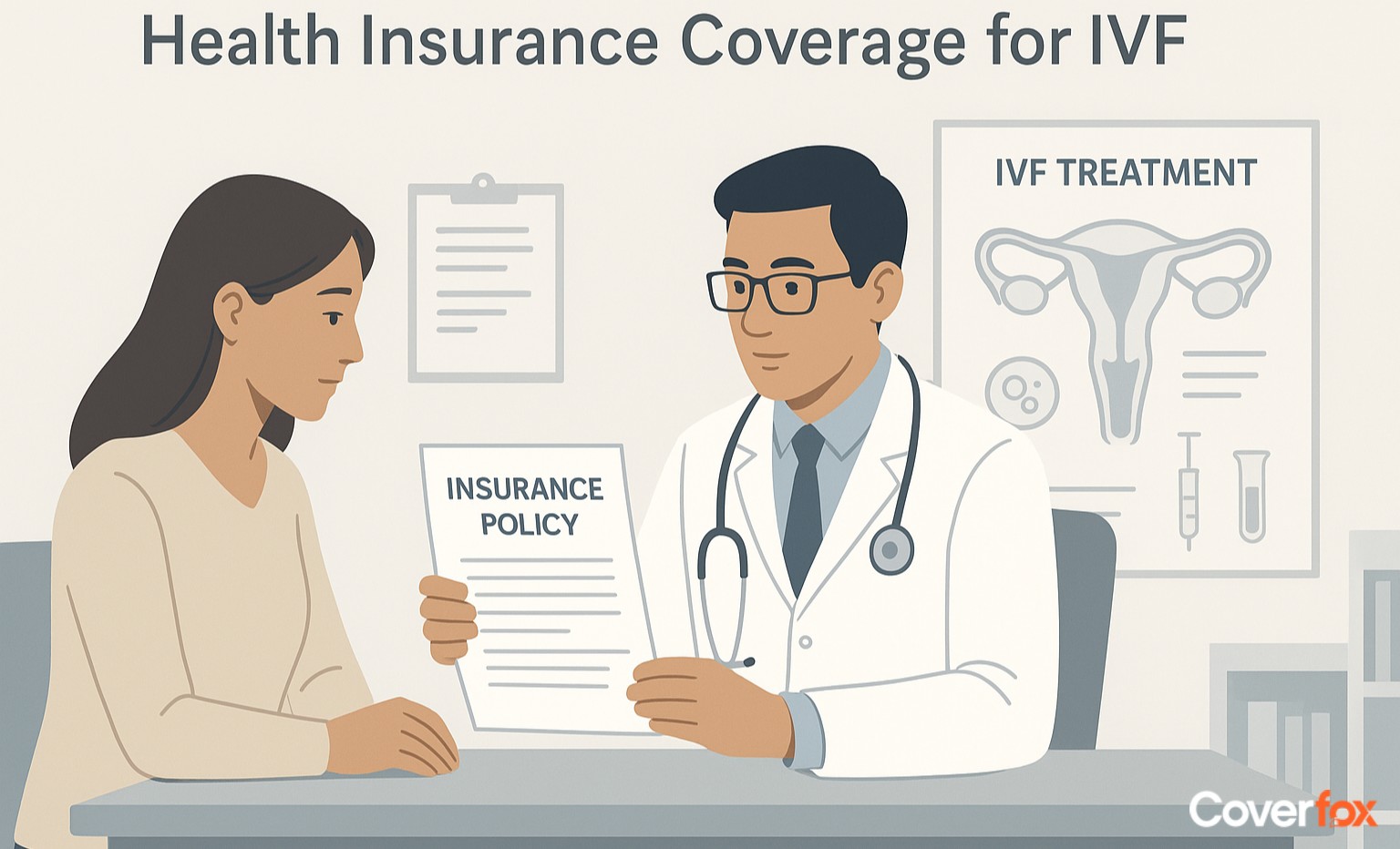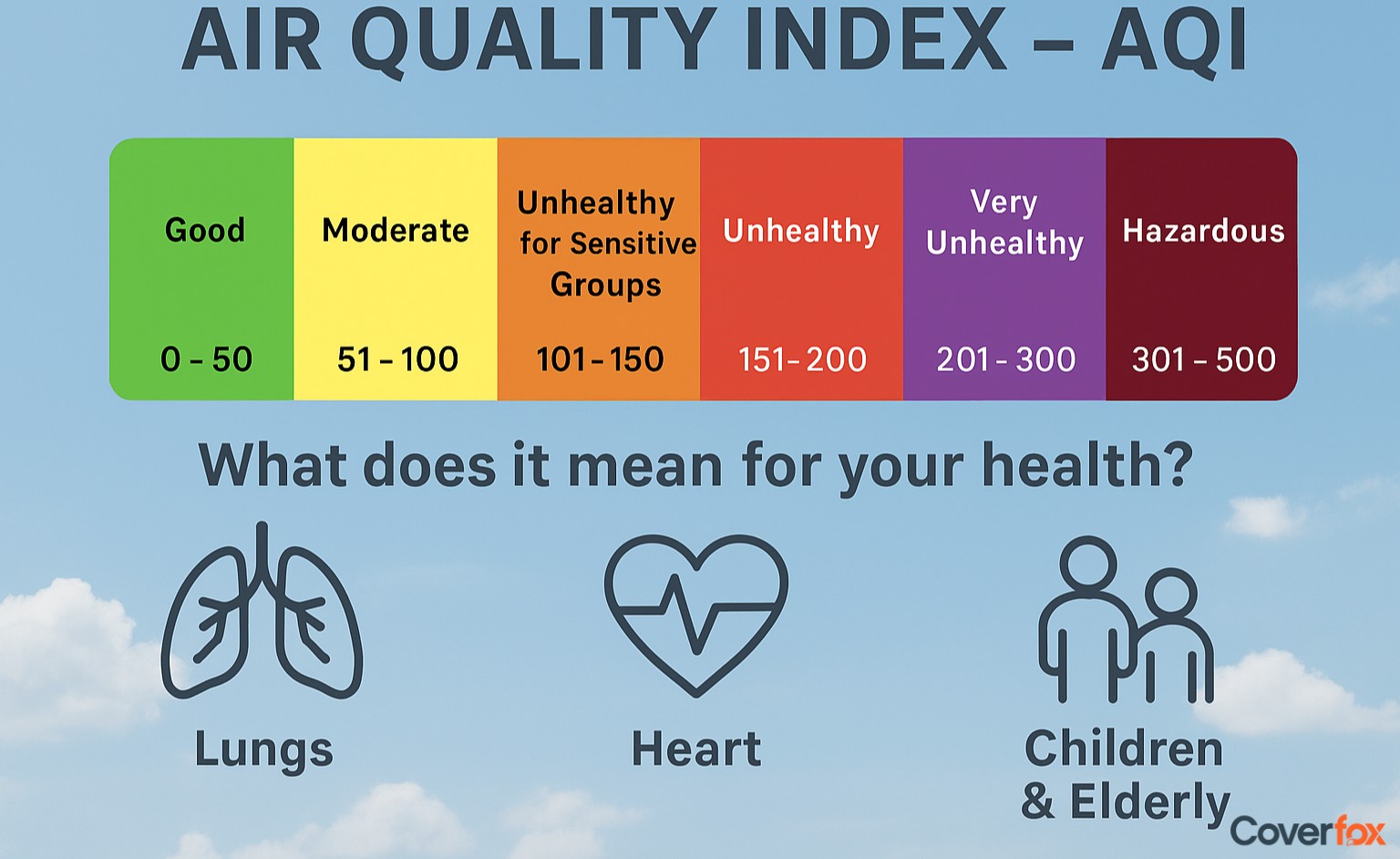Our assets walk out of the door each evening. We have to make sure that they come back the next morning.

Businesses across industries are increasingly realizing that their real “ASSETS” are not the machines or computers, but their human resources. A motivated and stable workforce can create wonders even in limited resources. A demotivated and frustrated staff can bring down the best of plans and company strategies.
While we can’t comment on what a company could do to motivate their employees through remuneration, what we can speak for is health insurance. For salaried employees, health insurance is like wealth insurance that supports them in case of an unfortunate hospitalization of themselves or a family member. It is here that a group health insurance cover can go a long way towards protecting the financial well-being of the employees, who in turn would be far more likely to perform well, contributing higher return of investment made on them by the employers.
What’s Group Insurance?
Let’s first get the basics rights!
Insurance companies offer two kinds of policies: Individual Insurance and Group Insurance. Under individual insurance, an employee (or any person) purchases an insurance cover by paying the premium on his/her own. The insurance has no relation to this individual’s employment or the employer.
Under group insurance, an employer purchases an insurance policy that covers all the employees at a given point in time. The employer, and not the employee, pays the insurance premium. In case of an eventuality, the employee can claim under the policy. This effectively means that the employee gets a health insurance cover completely free of cost.
What can be covered under Group Insurance?
Companies/Businesses can take separate group insurance policies to cover the following risks:
Death: This is essentially a pure term life insurance for the employees. A fixed amount is paid to the nominee in the event of an employee’s “death” during his/her employment with the company.
Hospitalization: A group health policy indemnifies the employee for the cost of hospitalization of his own or any of the family members.
Disability: In case an employee meets with an accident that results in a disability and renders employee incompetent to work, group personal accident policies pay a fixed sum to the employee to mitigate the financial hardship and to chart a new course of life.
Travel mishaps: Especially in cases where the employees need to travel abroad for business, group travel insurance covers the employees for mishaps like airplane hijack, loss of baggage etc.
Group Insurance or Individual Insurance?
Here’s why the scales tip in favour of group insurance policies:
Low on Premium: Since group insurance involves bulk purchase for covering all the employees of the company, insurance companies offer a volume discount in premium. So the premium per employee is highly discounted as compared to that for an individual cover.
Wider Coverage: Compared to individual plans, group policies facilitate cover for extended family relationships like grandparents and in-laws. The waiting period and sub-limits are also lesser. Benefits, like maternity cover, that are excluded in individual health insurance plans, are also covered in group policies.
Less Procedural Hassles: In group policies, an employee is not required to separately apply for the policy or undergo a medical check-up to get covered. Since it is a blanket policy covering all employees on the payroll of a company as on a given date, employee gets to be a part of the policy by virtue of joining the company. Even at the time of claims, the employee can expect faster processing. In case of any issues, the HR team taking up the case with the insurer guarantees speedy resolution.
Saving Tax with Group Insurance
And here is the good news! Section 36(ib) of the Income Tax Act specifically allows a business owner to claim tax deductions for the premium paid towards group insurance cover. This effectively reduces the cost of insurance for the company. For example, if you are a sole proprietor falling in the 30% tax bracket and have purchased a group policy for your employees by paying an annual premium of Rs. 50,000, you can reduce this amount from the profits of the business. The other way of looking at it is that the “effective” cost for this insurance cover will be Rs. 50,000 * (1-30%), i.e. Rs. 35,000.
The Bottomline
If as an employer, you want to retain the best talent then understand that a group insurance is a very small cost to pay for that. Happy and financially stable employees mean higher productivity, which can recover much more than the cost you might spend in buying the insurance. Even if we keep the monetary returns aside for a moment, the sense of belongingness and loyalty that such incentives bring in truly priceless. All this hold true only if you really believe that your employees are your most-prized asset.
Recommended Link: Who is Eligible for Central Government Health Scheme in India






